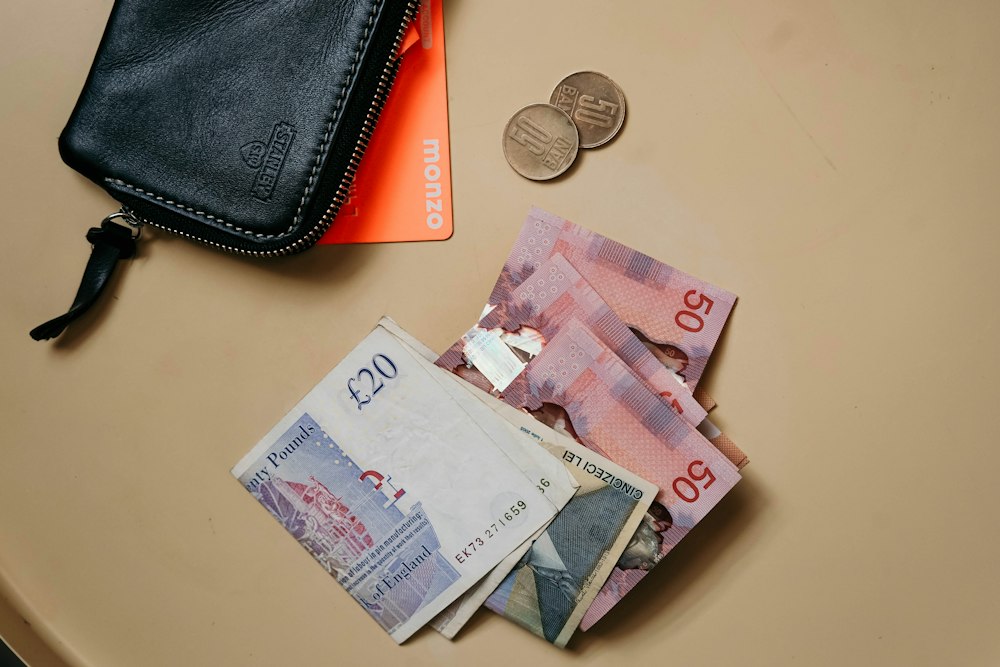Suppose you find yourself in the situation of having overstayed your visa or leave in the United Kingdom. In that case, it’s essential to understand your options and obligations. Overstaying occurs when you remain in the UK beyond the duration permitted by your visa or leave. Here’s a guide on what steps to take in this situation.
Determining Your Overstaying Status
First and foremost, you are responsible for determining if you’ve overstayed your visa or leave. The Home Office does not issue reminders regarding visa expiration dates, so it’s your responsibility to keep track. You can check the expiry date on your residence permit, through online immigration status, or by checking the stamps or stickers on your passport.
Certain actions, such as obtaining a visa through fraud or failing to disclose relevant information, can also lead to being classified as an overstayer.
Applying to Extend Your Stay
If you’ve applied for a new visa before your current one expired, you’re permitted to remain in the UK until a decision is reached on your application. However, it’s essential to note that overstaying beyond 14 days, even with a valid reason, can lead to the refusal of your application. Non-EEA family members of EU, EEA, or Swiss citizens can usually stay in the UK while awaiting a decision on their pre-settled or settled status.
Exploring Exceptional Circumstances
In certain exceptional circumstances where you couldn’t renew your visa in time due to reasons beyond your control, such as medical emergencies, you may still be eligible to submit a new visa application.
However, this must be done within 14 days of your visa or leave expiring. Seeking assistance from an immigration specialist can be beneficial in presenting a compelling case for your situation.
Consequences of Overstaying
Failure to leave the UK voluntarily within 30 days of your visa or leave expiring could result in deportation. Even if you leave after this period, you may face a ban on re-entering the UK for a period ranging from 1 to 10 years, depending on various factors such as the circumstances of your departure and your ability to cover the cost of returning to your home country.
However, certain exemptions apply, such as those applying for partner or family visas or individuals under 18 when they overstayed.
Rights and Entitlements
Despite overstaying, certain rights and entitlements remain available to individuals. These include the ability to send children to school until they reach the age of 16 and access to emergency services and essential healthcare, including maternity services.
However, it’s important to be aware that some healthcare services may incur charges, and it’s advisable to check the circumstances under which payment may be required.
Final Thoughts
If you find yourself in the situation of having overstayed your visa or leave in the UK, it’s essential to assess your options carefully and take appropriate action to rectify your status. Seeking advice from legal professionals or immigration specialists can provide invaluable assistance in navigating the complexities of immigration law and ensuring the best possible outcome for your situation.



